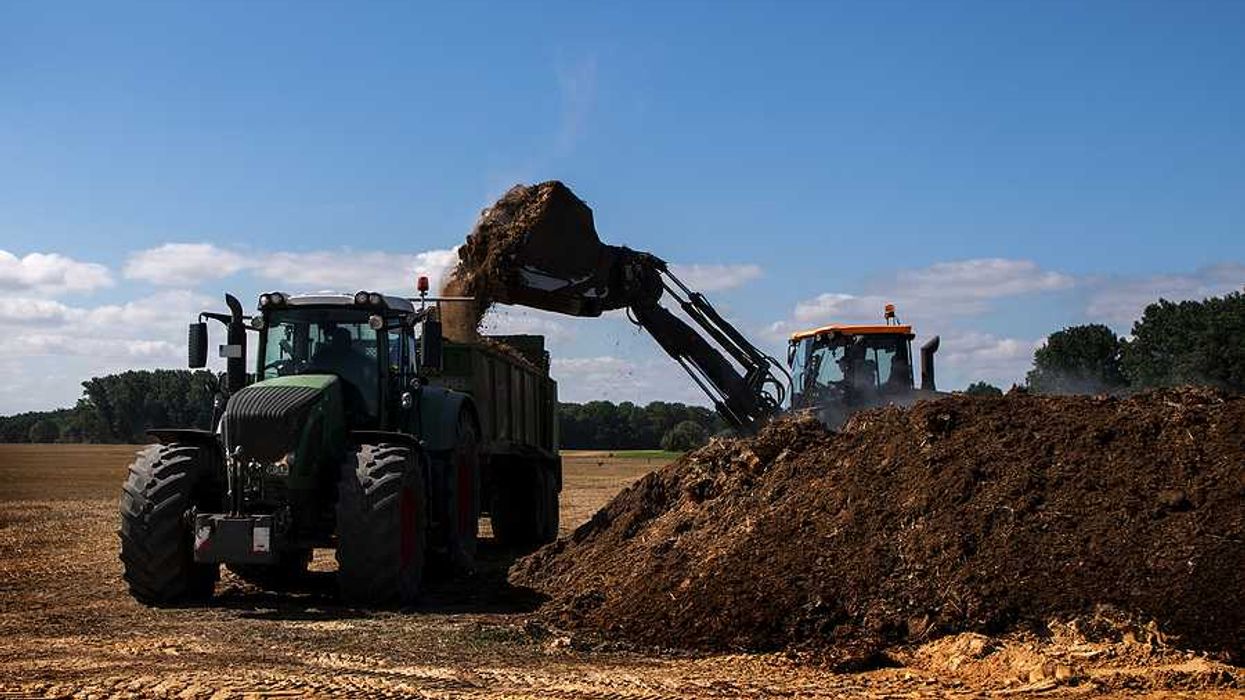A major industry group has urged the U.S. Environmental Protection Agency (EPA) to dismantle key pollution and chemical safety rules adopted under former President Biden.
Sean Reilly and Ellie Borst report for E&E News.
In short:
- The National Association of Manufacturers (NAM) submitted a list of deregulatory proposals to the EPA, including calls to repeal the stricter soot standard and preserve the current ozone limit despite scientific recommendations to tighten it.
- NAM also asked the EPA to abandon chemical review practices developed under Biden, arguing they were based on exaggerated exposure assumptions and created unnecessary burdens for industry.
- The group targeted PFAS regulations, New Source Review permitting, and other Biden-era policies, aligning its agenda with President Trump’s executive order to reduce federal regulations.
Key quote:
“Manufacturers strongly believe that the U.S. does not have to choose between economic development and protecting the environment and public health — we can do both.”
— Charles Crain, managing vice president for policy, National Association of Manufacturers
Why this matters:
Regulations targeted by industry groups like NAM directly affect air quality, chemical safety, and public health outcomes. Fine particulate matter, or soot, has been linked to respiratory and cardiovascular disease, while ground-level ozone contributes to asthma and other lung issues, especially in children. Weakening standards could leave millions more exposed to these pollutants. Chemical review policies now under fire were designed to better assess health risks posed by substances like asbestos, trichloroethylene, and PFAS — chemicals that persist in the environment and have been associated with cancer, immune dysfunction, and developmental harms. While manufacturers argue these rules impede economic growth, public health advocates warn that scaling back protections without scientific justification shifts the burden of pollution onto the most vulnerable populations, including children, low-income communities, and workers.
Related: Texas regulators propose exceptions to soot standards in eight counties














